Short Reviews for November 2023
Epilogue, Last Guardian of Everness, Lion of Liberty, Providence Lost
Epilogue, by Lily Lashley (324 pp; 2022)
Who should read this? People who like “portal fantasy” or isekai stories, and like fanfic-style digging into characters’ heads.
Our story opens just as our three protagonists return from a portal fantasy adventure to an Earth where no time has passed. They've been in the otherworld for seven years; now they're once again teenagers having to readjust to their Earth lives. One of them is happy to return now the war in the otherworld is won; the other two are yearning to get back... and then there's the fourth friend who died in that war, and now leaves an absence that must be explained.
The book's main arc here is psychological. We keep learning more about these characters, and also about what they did in the otherworld. For instance, it's mentioned several chapters in that the three of them were actually on different sides of that war for a while. At first, I was surprised; but looking back, I see how Lashley's gradual revelations parallel how her characters are finding out more about themselves and each other while trying to fit back into Earth.
At first, watching their social awkwardness and waiting for so many "other shoes" to drop felt awkward. There were so many misunderstandings between them and their unknowing friends and family that I could see upcoming disasters. But then, the psychological arcs sped up, as the otherworld becomes visible once again, and as their ways of dealing with the return to Earth start leading to disaster.
But the disaster that happens isn’t quite the disaster that seemed inevitable. I loved the unexpected twists in their relationships with each other and their friends, and I praise the big twists near the end. I'm not saying I'm easy with what happened. One of our protagonists says she'll be thinking back to it for the rest of her life, and I agree. But that's what makes the ending unexpectedly powerful.
The Last Guardian of Everness, by John C. Wright (336 pp; 2004)
Who should read this? People who like fantasy adventure stories and aren’t concerned about scattered plots.
Wright tells a wild urban fantasy story of an invasion of the waking world from the land of dreams and nightmares - which is also the land of evil legends. The young guardian of the portal from those realms has gone questing and become indisposed, leaving the defense in the hands of his relative who's only just come again to believe in these factors, and a young couple who Wright paints very skillfully.
Unfortunately, Wright's writing has (in my opinion) gotten worse over time. I loved his first trilogy, The Golden Oecumene, but in his more recent work his plots have gotten more convoluted and his characters less artfully painted. Fortunately, this book is before much of the slide.
Each of the powers and names and places Wright places in this story is very interesting. But the main flaw here is that there are so many of them it's hard to keep track, and I don't feel I really understand the world he's created. Plus, it took most of the way through the book for me to feel I was starting to understand the rules of his magic. Looking back, I can see the start of his decline here - but there's enough good here that I liked it.
Lion of Liberty: Patrick Henry and the Call to a New Nation, by Harlow Unger (322 pp; 2010)
Who should read this? People who want to learn more about America’s Founding Fathers.
I'd seen Patrick Henry before bouncing into and out of histories of the American Revolution, but this's the first actual biography of his I've read. I was struck first by his rise to prominence, and how preminiscent it was of Lincoln's - how he studied law by himself, won the trust of his frontier neighbors and won fame by winning their cases, and how he was elected to the legislature and won further fame by making notable speeches about the topic that would soon become prominent.
In Henry's case, that topic was independence. We remember him for that: his famous line "Give me liberty or give me death." After a quick stint at the First Continental Congress - he would remain active on the state level in Virginia for the rest of his life. He was an excellent administrator as governor of Virginia, supporting Washington's army much more than the Continental Congress itself. Then, he favored closer cooperation among the new states, but famously opposed the Constitution for giving too much power to the central government. Still, he would come out of retirement to oppose secession over the Alien and Sedition Acts, saying that peaceful remedies had not yet been exhausted. (Prophetically so, as Jefferson would shortly be elected to bring them down.)
What also struck me was Henry's humble roots: he, like most his neighbors, started out a small frontier farmer who (in his case) worked occasional odd jobs as a lawyer. But then, in Virginia's social climate where land was the primary investment, he found it natural to keep expanding his farms and buying slaves. This sadly prefigures slavery's growing rise in Virginian politics - but Henry's backwoods roots would also prefigure West Virginia's counter-secession in the Civil War.
I can't stop pondering the arc of Henry's career, and the political ideas that led him to take such positions on opposite sides of the political spectrum. Unger brings that out as the central theme of his biography, and I praise him for it. (Unger seems to show his sympathy at several points with Henry’s small-government position, but to me that’s small flaw in a biographer.) That, to me, is the most interesting part of Henry's life.
Providence Lost: The Rise and Fall of Cromwell's Protectorate, by Paul Lay (224 pp; 2018)
Who should read this? People interested in the aftermath of revolutions
I'd read a lot about the English Civil War, but this's the first book I'd read about the immediate aftermath: how Cromwell, at the head of the Army, seized power and ruled under the title of Lord Protector.
His rule was successful in that he did hold power for the rest of his life, but unsuccessful in that his apparatus of power was always clunky. At the end of the Civil War, England was riven with division between religious and political allegiances. Radical Protestant sects ranging from Baptists to Quakers to Fifth Monarchists set themselves against more moderate Presbyterians and Anglicans; and both faced off against the few remaining Roman Catholics. Meanwhile, loyal monarchists faced off against radical republicans, with a large group in the middle who wanted stability - which, to them meant some monarch. In the moment of possibility at the Civil War's end, everyone tried to define the future of England.
Cromwell himself, deciding (with some merit) that Parliament was incompetent, had seized power at the head of the New Model Army, who largely favored the radical Protestants and republicans. But he ruled largely based on partly-Presbyterian merchant support who favored stability. He had great trouble enforcing his rule in rural England, where many magnates were monarchists; let alone abroad where his naval war against Spain failed. He had no great policies, and struggled to define the framework of his rule while continually refusing (for his own religious reasons) to take the crown.
After Cromwell's death, these differences quickly brought down the Protectorate government. But Lay shows me an England so consumed by discord - and with such fragile reeds for a government to hold power - that I find it hard to imagine anyone doing better. The American Revolution found it easy to rule because they already had colonial governments in place; the later Glorious Revolution found it easy because they were using England's existing institutions. Cromwell couldn't.

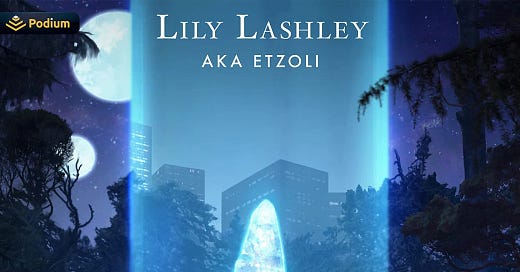


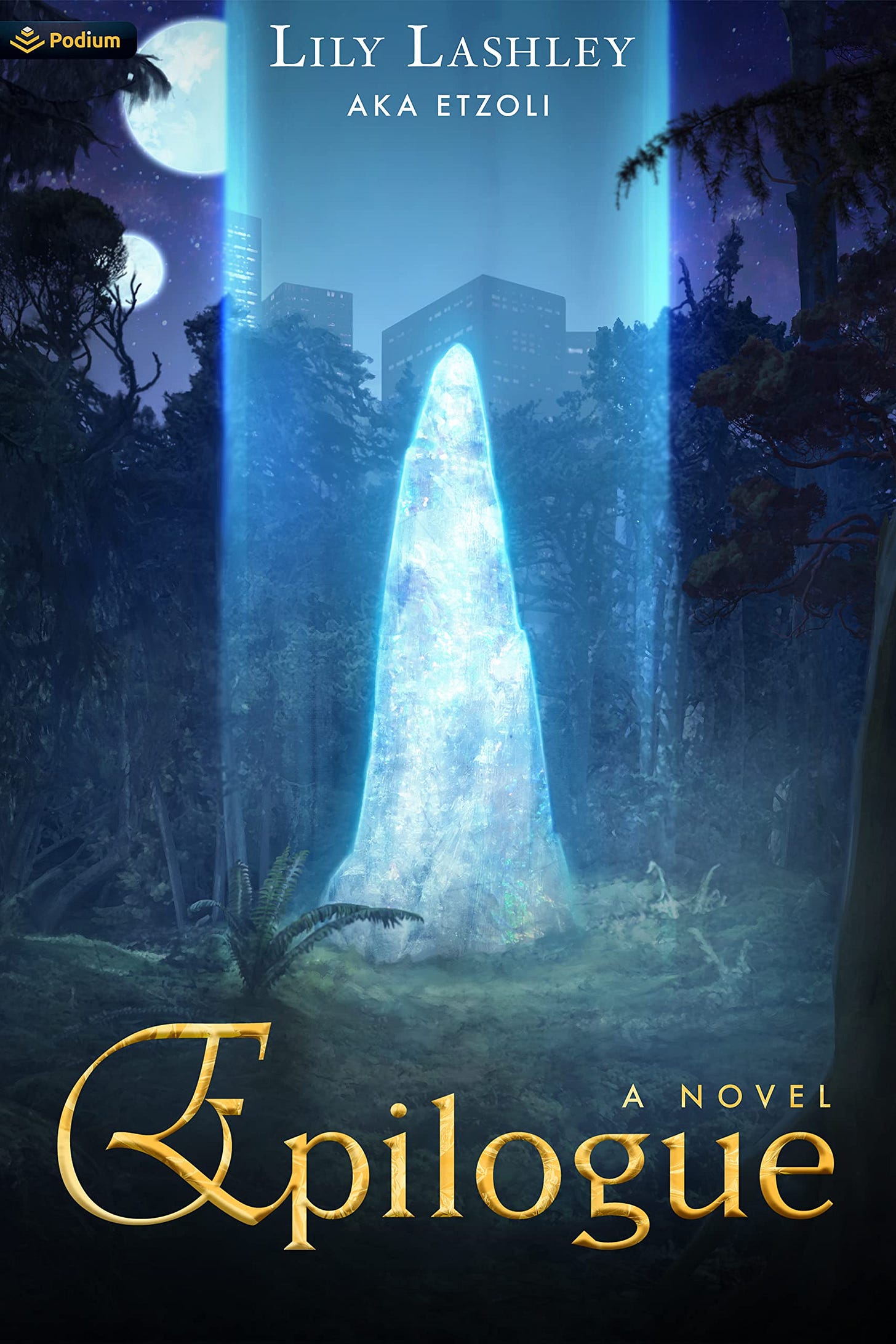
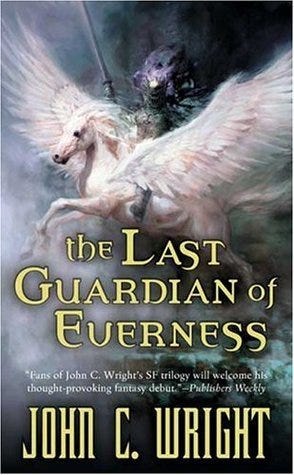
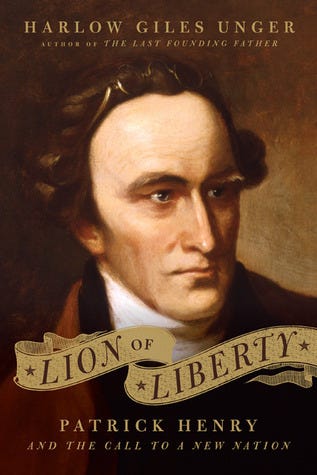
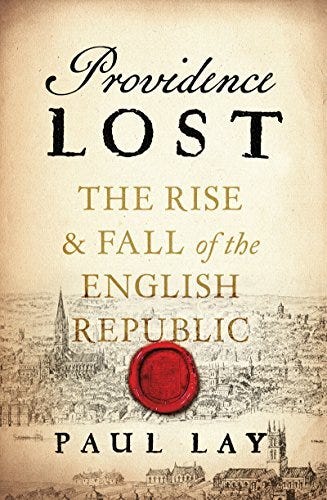
Epilogue sounds like the perfect read for the day after christmas. I don't even have any real interest in Portal stories; I think the only one I ever read was Erfworld. But stories that begin right where you'd expect the story to be over is a plot structure I find weirdly entrancing and rich with opportunity for character.
And I never heard of it until this review! So thanks!